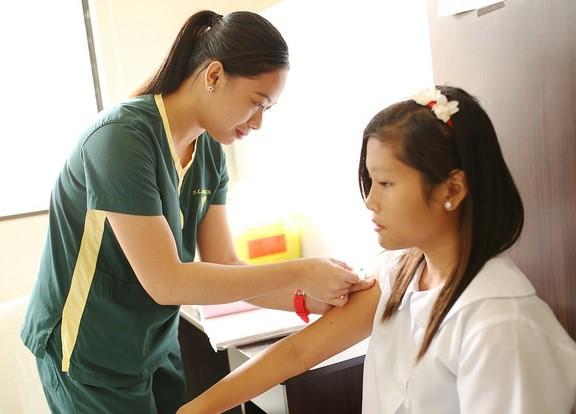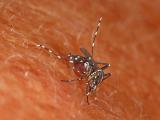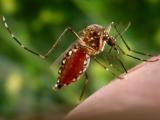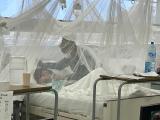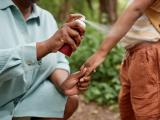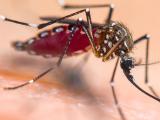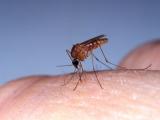A study from Sanofi Pasteur published yesterday in the New England Journal of Medicine provides more evidence of the serious risk that Dengvaxia, the company's groundbreaking dengue vaccine, poses to dengue-naive children who receive the vaccine.
The study mines data from three previous clinical trials. In a post-hoc analysis, Sanofi researchers attempted to determine the dengue serostatus from case samples to see if seronegative recipients were more likely to be hospitalized for severe dengue infection after immunization.
The research is clear: Children who were dengue-naive at the time of vaccination were more likely to suffer severe dengue than their dengue-positive peers. Among dengue-seronegative participants aged 2 to 16 years, the cumulative 5-year incidence of hospitalization for lab-confirmed dengue was 3.06% among vaccine recipients and 1.87% among controls, a hazard ratio (vaccine vs. control) of 1.75 (95% confidence interval [CI], 1.14 to 2.70).
The same phenomenon was seen in older children too, with seronegative kids ages 9 to 16 having a hazard ratio of 1.41 (95% CI, 0.74 to 2.68) for severe dengue compared with controls.
The study also showed that the vaccine was protective for seropositive kids. Among dengue-seropositive participants 2 to 16 years of age, the cumulative incidence of hospitalization was 0.75%, compared with 2.47% among controls who didn't receive the vaccine. In children 9 to 16 years of age, the cumulative incidence of hospitalization was 0.38%, and 1.88% among controls.
"Our findings indicate a major role for previous dengue exposure in modifying vaccine performance and provide some evidence of a possible age effect. However, since age is associated with dengue exposure, it remains unclear whether these findings reflect undetected dengue exposure that was not captured by the assays (i.e., false seronegatives) or age-specific differences after vaccination or infection," the authors write.
A utilitarian conundrum
The study authors end their discussion with a conundrum that's further explored in a commentary: On a population-based level, Dengvaxia would reduce hospitalization for seropositive recipients and increase hospitalizations for seronegative children.
"Extrapolating the estimates of attributable risk to a cohort of 1 million people 9 to 16 years of age with an 80% rate of seropositivity suggests that, over a period of 5 years, vaccination would prevent approximately 11,000 hospitalizations (12,000 avoided among seropositive persons with 1,000 excess among seronegative persons) and approximately 2,500 severe cases (3,000 avoided among seropositive persons and 500 excess among seronegative persons)," the authors conclude.
Previous trials have shown that vaccinating people over the age of 9 reduced the rate of severe dengue infection and hospitalization by 80%, but as Lisa Rosenbaum, MD, wrote in a commentary inthe same issue, using the vaccine requires a "moral calculus" that puts governments in a bind.
The fallout from this bind is most clearly seen in the Philippines, one of the first countries to embrace Dengvaxia. More than 830,000 Filipino children received Dengvaxia before Sanofi released data in November of 2017 showing increased risk of severe infections among dengue-naive kids. Since then, there have been exhumations of children who died from dengue-like illness, lawsuits, and public hearings.
Dengue experts like Scott Halstead, MD, sounded the alarm on Dengvaxia nearly 3 years ago, saying the vaccine acts as a priming dose in naive recipients, setting them up for severe illness because of dengue's unique antibody-dependent enhancement (ADE) feature, wherein previous exposure to the virus is not protective. Sanofi has maintained that ADE cannot be proven.
For now, Rosenbaum argues that governments would do best to follow the World Health Organization's recommendation to stop using Dengvaxia until a serostatus test can be administered at the time of vaccination.
See also:
Jun 13 N Engl J Med study
Jun 13 N Engl J Med commentary
Apr 19 CIDRAP News story "WHO advisers halt Dengvaxia, for now"
